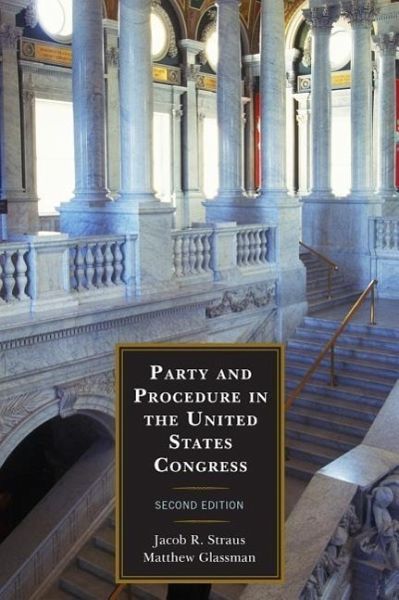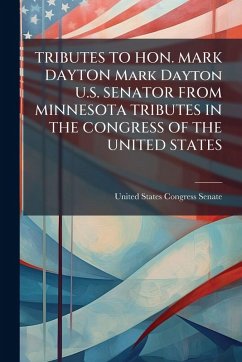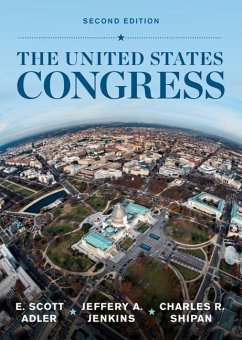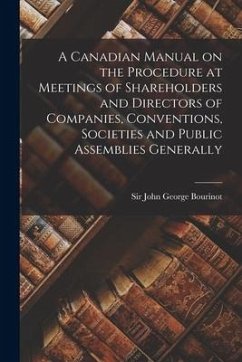
Party and Procedure in the United States Congress
Versandkostenfrei!
Versandfertig in über 4 Wochen
61,99 €
inkl. MwSt.

PAYBACK Punkte
31 °P sammeln!
Understanding how Congressional political parties utilize floor procedure to advance a legislative agenda is fundamental to understanding how Congress operates. This book offers students and researchers an in-depth understanding of the procedural tools available to congressional leaders and committee chairs and how those tools are implemented in the House of Representatives, the Senate, and during negotiations between the chambers.












